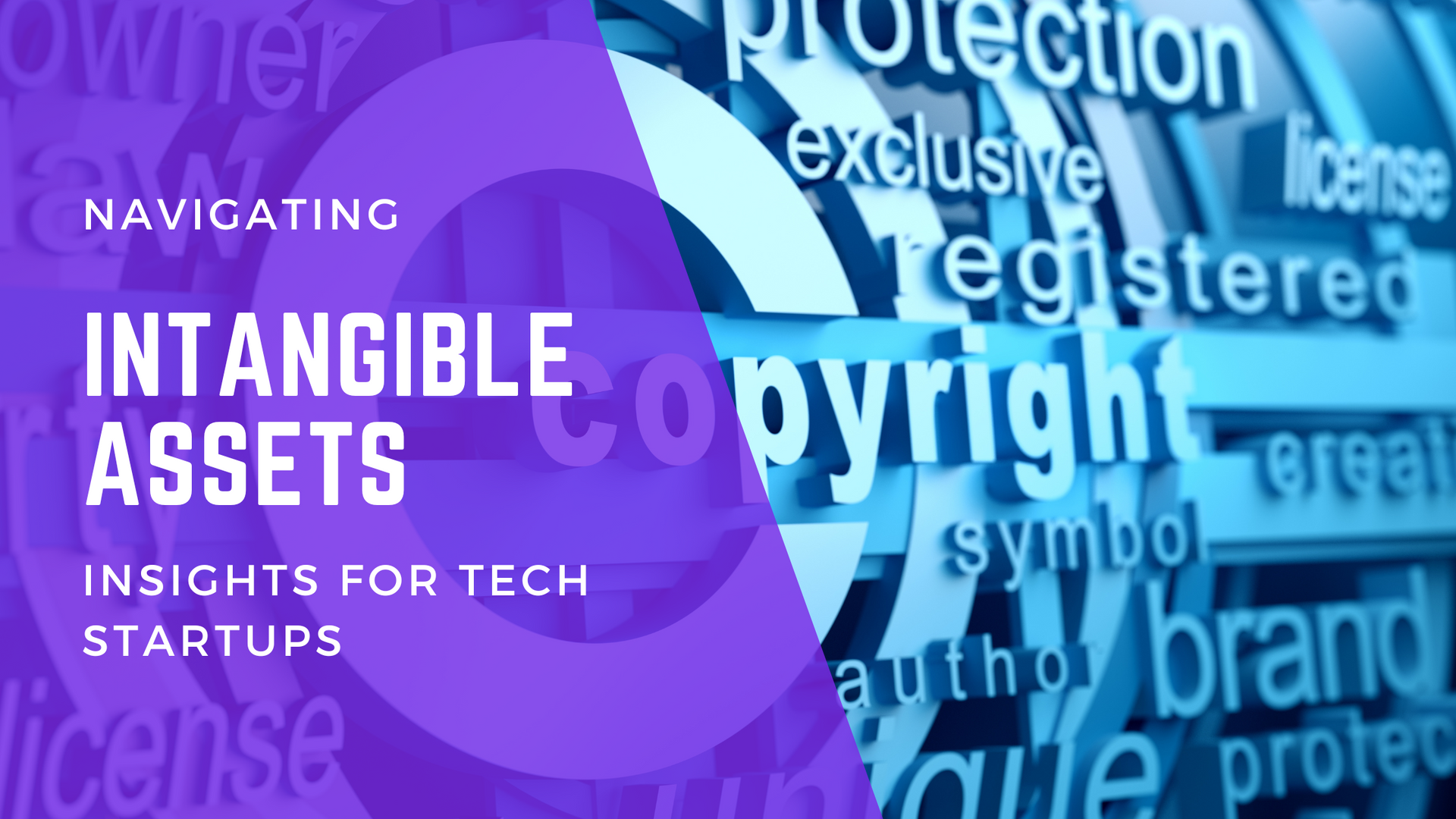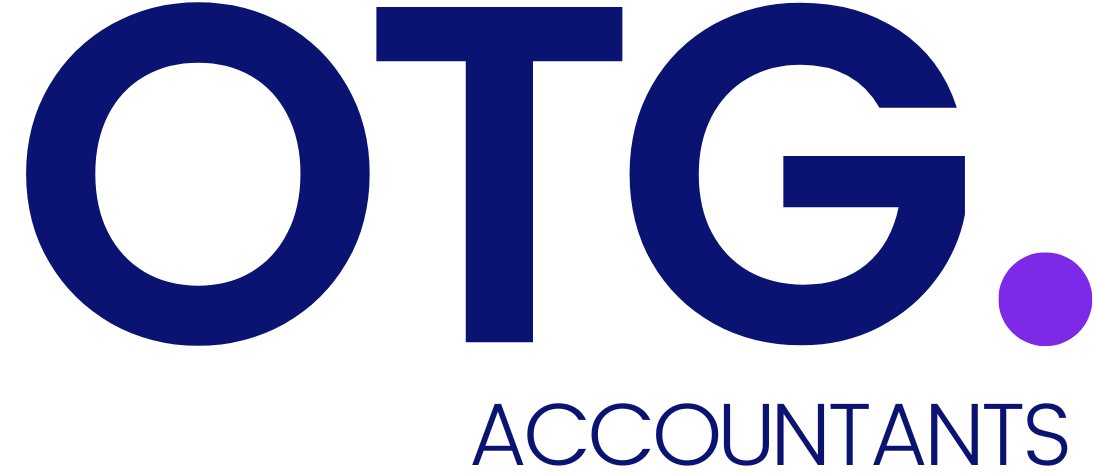Providing eye tests for employees
Six frequently asked questions about eye tests for employees.
1. Do employers have to provide eye tests for employees?
Although employers do not routinely have to pay for eye tests for all employees, the law states that if employees who regularly use display screen equipment (DSE) ask for an eye test, it should be paid for by the company.
2. Do employers have to pay for glasses for DSE users?
Health and safety regulations state that employers should pay for glasses if an employee needs them only for DSE use.
3. Do employees have to accept an eye test offered by an employer?
No, it’s not mandatory to have an eye test.
4. How can employees protect their eyes in an office job?
- Have regular eye tests.
- Ensure lighting is good.
- Minimise screen glare.
- Have the screen at an appropriate distant.
- Wear glasses if you require them.
- Adjust display settings for a more comfortable working experience.
- Take regular breaks.
- Look into the distance at least once every hour.
- Don’t forget to blink.
5. What problems can occur from using DSE incorrectly?
Long spells of computer work can lead to headaches, tired eyes, eye focusing issues, discomfort and temporary short-sightedness. There is no evidence that using a DSE can cause permanent short sightedness.
6. Is an employee eye test a taxable benefit?
Yes, it is a benefit in kind for the employee who will need to pay tax and NI on the value of the test.
Eye test for employees is just one way to protect wellbeing
Your employees are your greatest assets. Find out about other ways you can look after their physical and mental health, so your business and your people thrive. Speak to David Masih, our client relationship partner who explain how On The Go Accountants can support your business to greater success. Call 03330 067 123 or email info@onthegoaccountants.co.uk.





